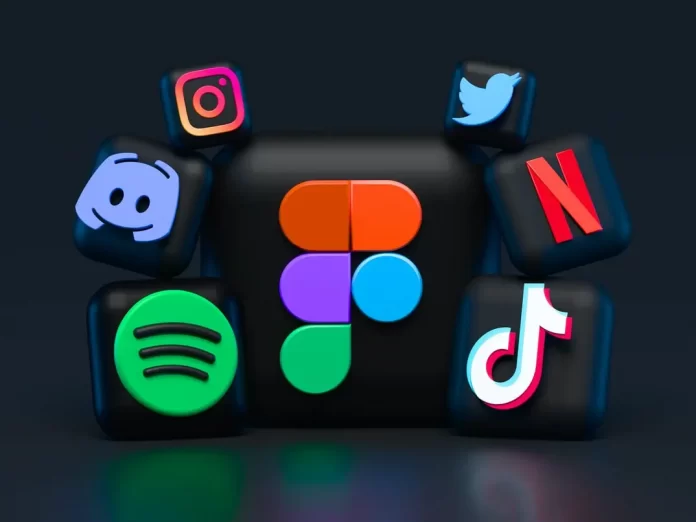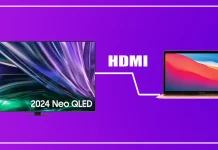Discord, originally created as a platform for gamers, has evolved into a one-stop store for all kinds of communities. A key feature that greatly enhanced the user experience was the introduction of music bots, which quickly became some of the most popular tools on the platform. These bots allowed users to play, manage and share music in their voice channels, becoming an integral part of the Discord experience. Over time, the world of music bots has undergone significant changes, from the rise and fall of pioneers like Groovy and Rythm, to the emergence of new bots like Hydra, and the eventual decline of music streaming capabilities in general.
The early days: Groovy and Rythm
In the early days, music bots like Groovy and Rythm became indispensable on many Discord servers. Groovy was known for its simplicity and reliability, offering basic commands to play, pause, and control tracks. Rythm was characterized by its ability to handle large queues and run smoothly even on servers with a large number of users. As Discord grew in popularity, so did the need for music bots. They became a key feature on servers of all types, allowing users to share their favorite songs, create collaborative playlists, and set the mood for various events.
The decline of music bots: Legal issues
Despite their success, Groovy and Rythm eventually ran into serious legal problems related to copyright infringement. In 2021, Google demanded that YouTube shut down the bots, forcing them to cease operations. This was a major blow to the Discord community, forcing users to look for alternatives and developers to rethink how to offer music streaming services within the law.
The rise and fall of new music bots
Following the closure of Groovy and Rythm, new music bots such as Hydra emerged, offering legal and feature-rich alternatives. Hydra supported streaming from platforms such as Spotify, SoundCloud, and YouTube, and included advanced features such as playlist creation and high quality audio playback. Over time, however, Hydra found it difficult to support music streaming services and stopped streaming altogether in 2023. Other bots such as FredBoat, Vexera, and Chip also gained popularity for their unique offerings, but they too had problems with legal streaming.
The future of music bots in Discord
The future of music bots in Discord is uncertain. Strict regulations regarding the use of tracks from platforms such as YouTube and Spotify make it increasingly difficult to provide music streaming services. Therefore, many legitimate bots, including FredBoat and Hydra, have stopped providing music streaming services after receiving warnings. The remaining music bots often operate in a legal gray area, continuing to function until they are shut down, and their creators tend to remain anonymous or inaccessible.
In 2024, the Rythm service was relaunched, offering music listening for a fee and with some restrictions on listeners. But whether it will succeed remains to be seen.






